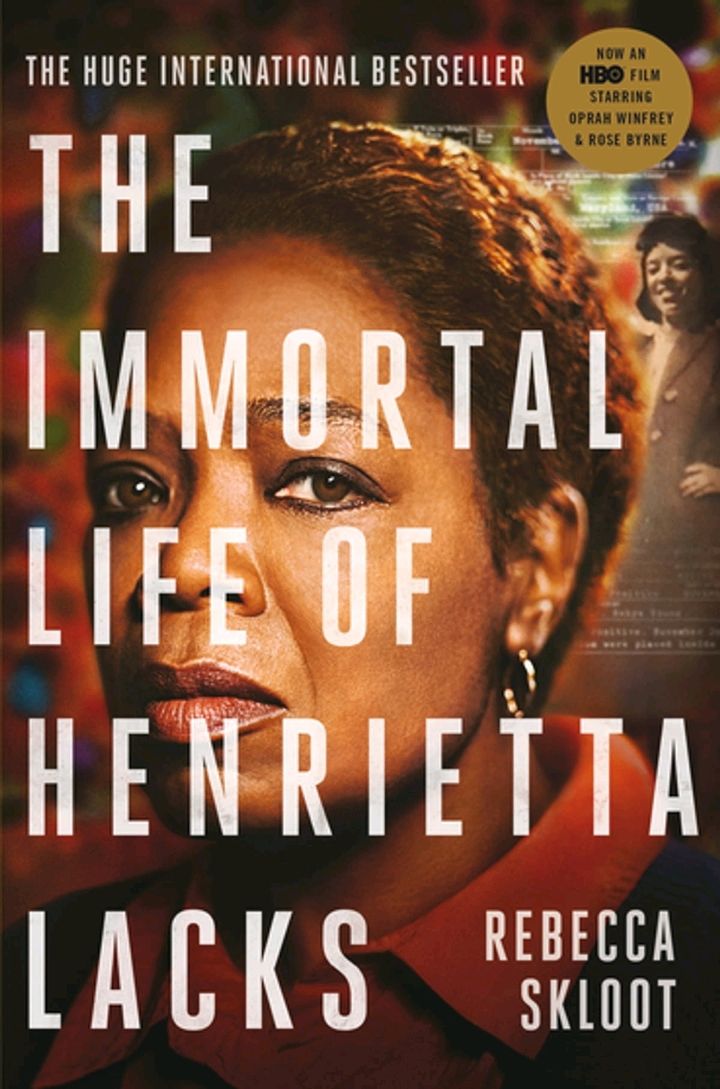Audio available in app
Skloot emphasizes the need for meaningful dialogue between scientists and patients from "summary" of The Immortal Life of Henrietta Lacks by Rebecca Skloot,Gregory Mone
Skloot delves into the complex relationship between scientists and patients, highlighting the importance of meaningful dialogue in bridging the gap between the two parties. Throughout the narrative, she underscores the necessity for open communication and mutual understanding to foster trust and collaboration. By advocating for dialogue, Skloot shines a light on the inherent power dynamics at play in the scientific and medical fields. She emphasizes the need for patients to be active participants in discussions about their health and treatment, rather than passive subjects of research. This shift in perspective is crucial in promoting respect for the autonomy and agency of patients. Moreover, Skloot stresses the significance of transparency in scientific practices. She explores the ethical implications of conducting research on human subjects without their knowledge or consent, as exemplified by the case of Henrietta Lacks. Through her meticulous research and interviews, Skloot uncovers the injustices and violations that occurred in the name of scientific advancement. In detailing Henrietta's story, Skloot confronts the uncomfortable truths about exploitation and discrimination in the history of medical research. She calls attention to the need for accountability and responsibility on the part of scientists and institutions to ensure that patients are treated with dignity and respect. This call to action underscores the moral imperative of engaging in honest and respectful dialogue with patients.- Skloot's exploration of the complexities surrounding the relationship between scientists and patients serves as a poignant reminder of the human cost of scientific progress. Her narrative challenges readers to reflect on their own roles and responsibilities in advocating for ethical and compassionate healthcare practices. Through her nuanced storytelling and compelling arguments, Skloot invites readers to consider the ways in which they can contribute to creating a more equitable and just healthcare system.
Similar Posts

Skloot humanizes Henrietta by sharing her personal struggles and triumphs
Throughout the pages of 'The Immortal Life of Henrietta Lacks,' we see Henrietta not just as a collection of cells in a lab, bu...

The book conveys a sense of urgency about the need for ethical guidelines in medical research
The urgency for ethical guidelines in medical research is palpable throughout the narrative of Henrietta Lacks and her immortal...

Henrietta's story raises questions about medical ethics and patient rights
Henrietta's story is a complex narrative that delves deep into the realms of medical ethics and patient rights. Through her exp...
The Immortal Life of Henrietta Lacks highlighted the importance of ethics in medical research
The story of Henrietta Lacks and her immortal cells, known as HeLa, brings to light the ethical dilemmas that can arise in medi...
Henrietta's cells were used in countless experiments without her consent
Henrietta Lacks never knew that her cells were taken from her body and used in scientific experiments. She was never asked for ...

Skloot humanizes Henrietta by sharing her personal struggles and triumphs
Throughout the pages of 'The Immortal Life of Henrietta Lacks,' we see Henrietta not just as a collection of cells in a lab, bu...
The consent of women in hormone therapy studies was often coerced
The consent of women in hormone therapy studies was often coerced. Researchers and doctors pressured women to participate in st...
Breakthroughs at any cost
The pursuit of scientific breakthroughs can lead researchers down a path where ethical considerations are often pushed aside in...

